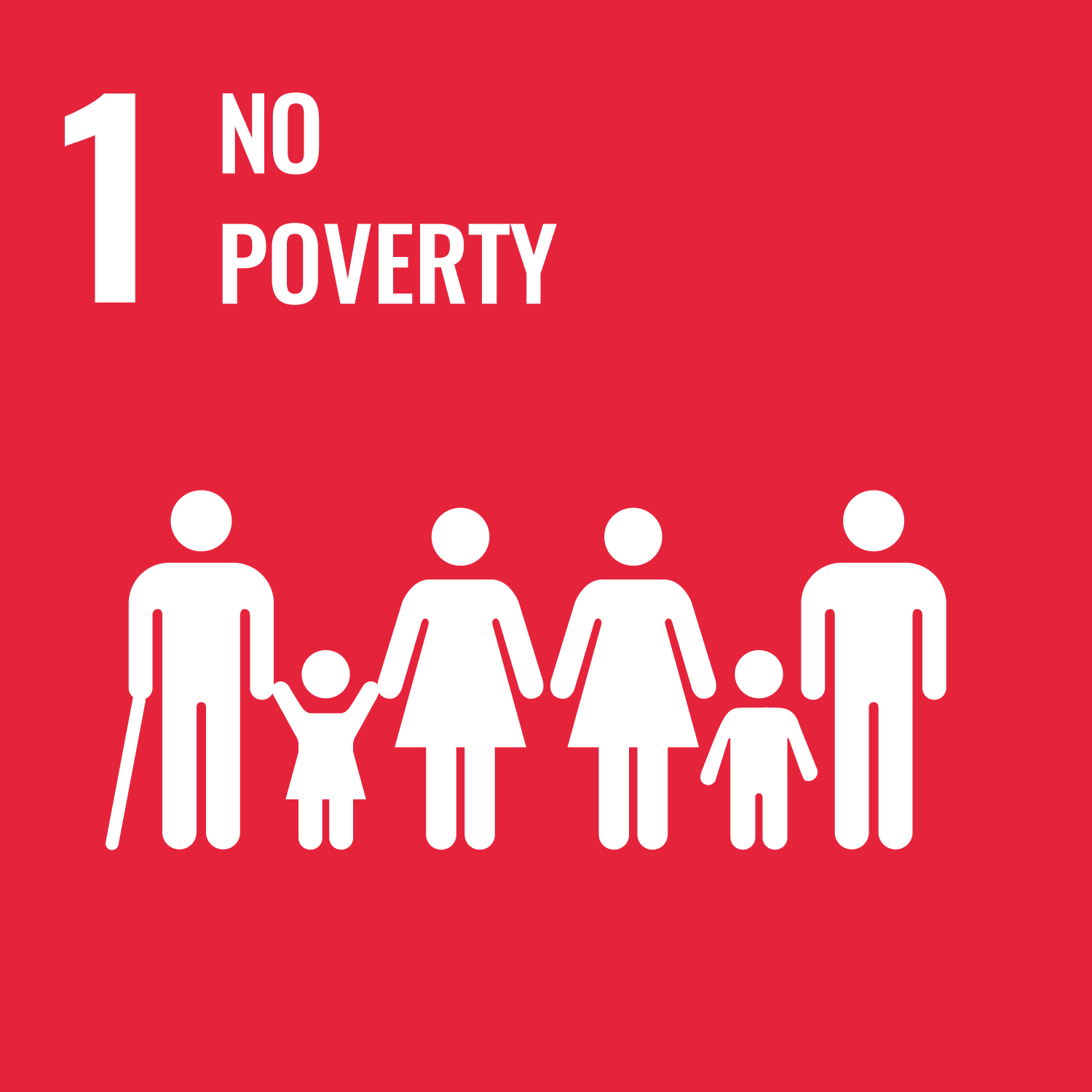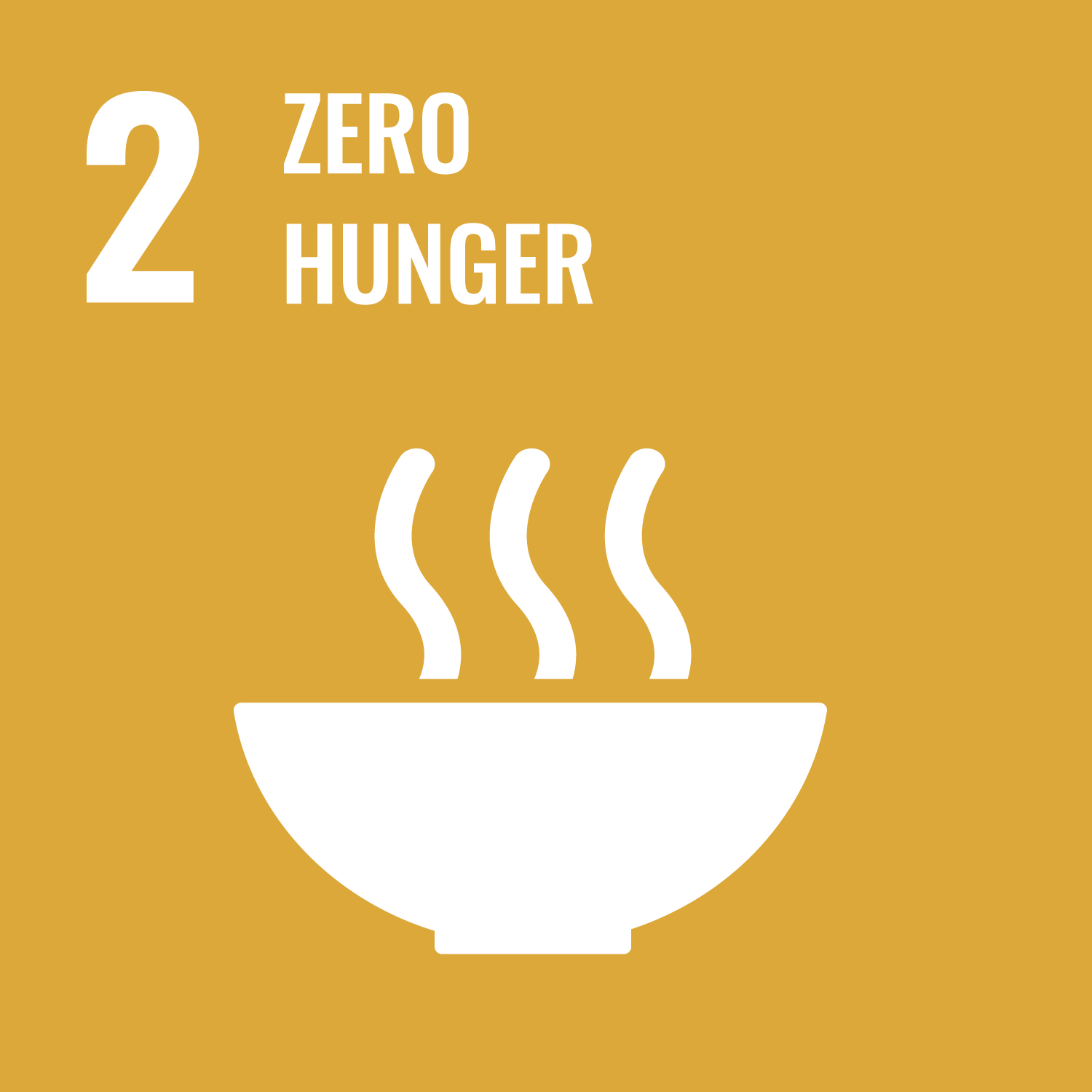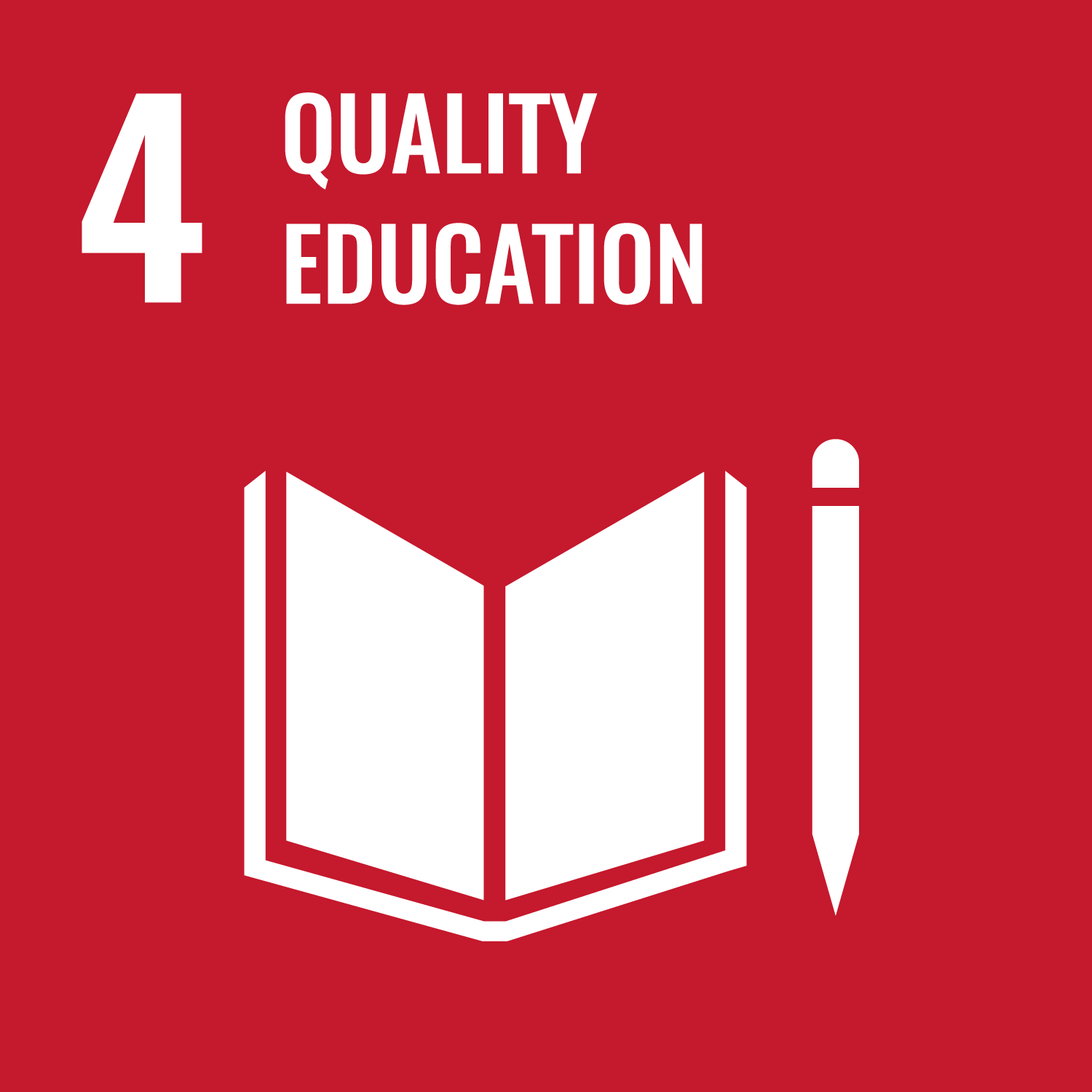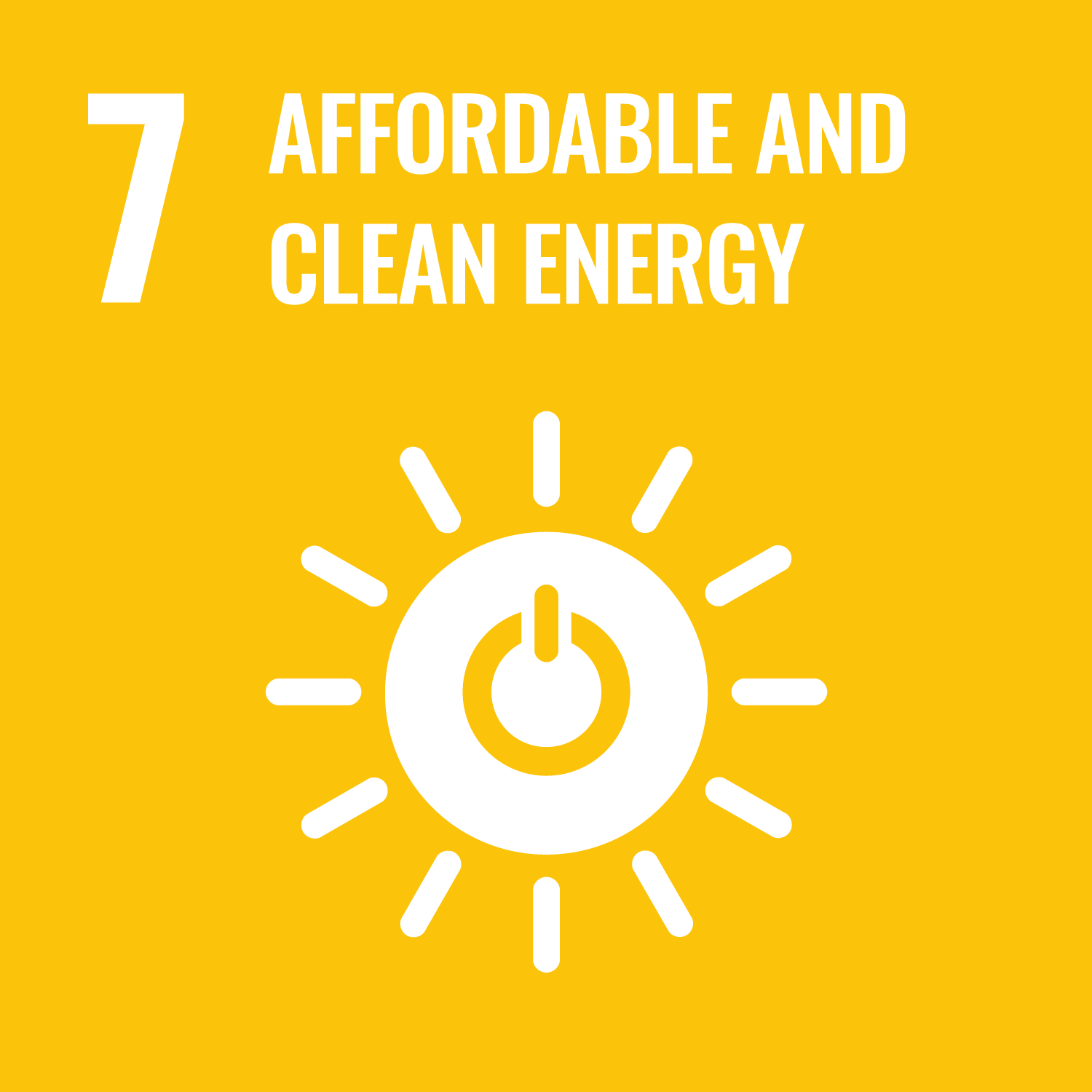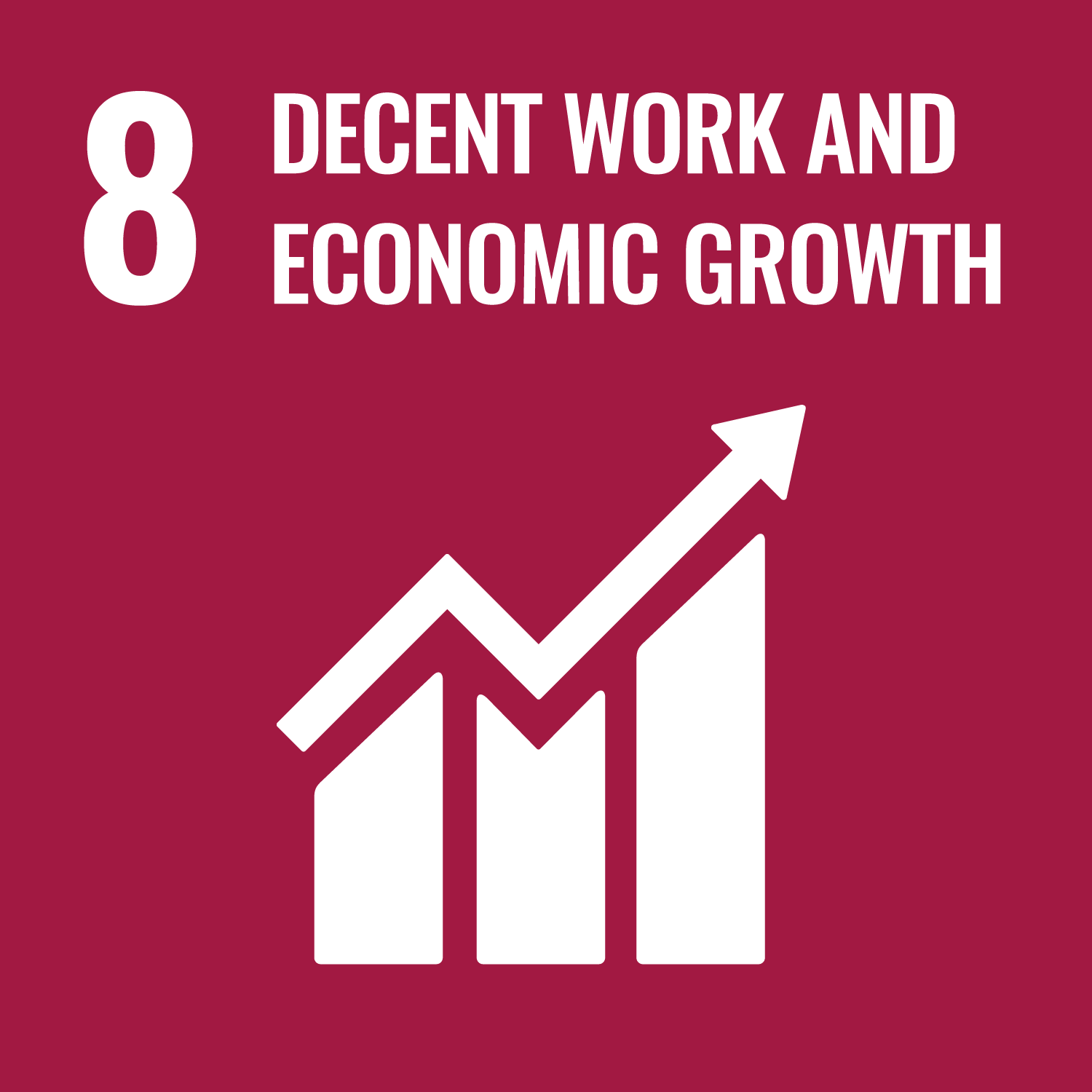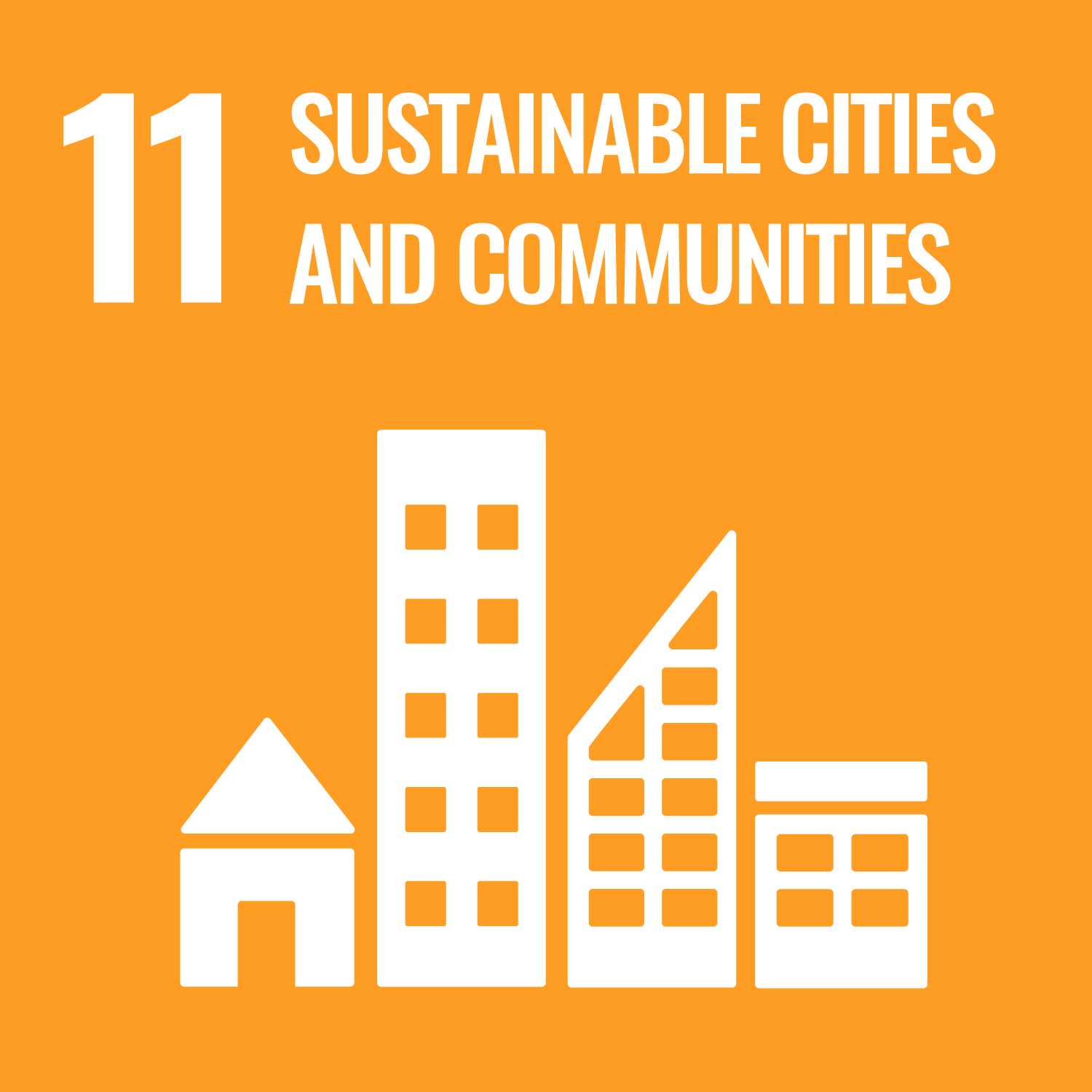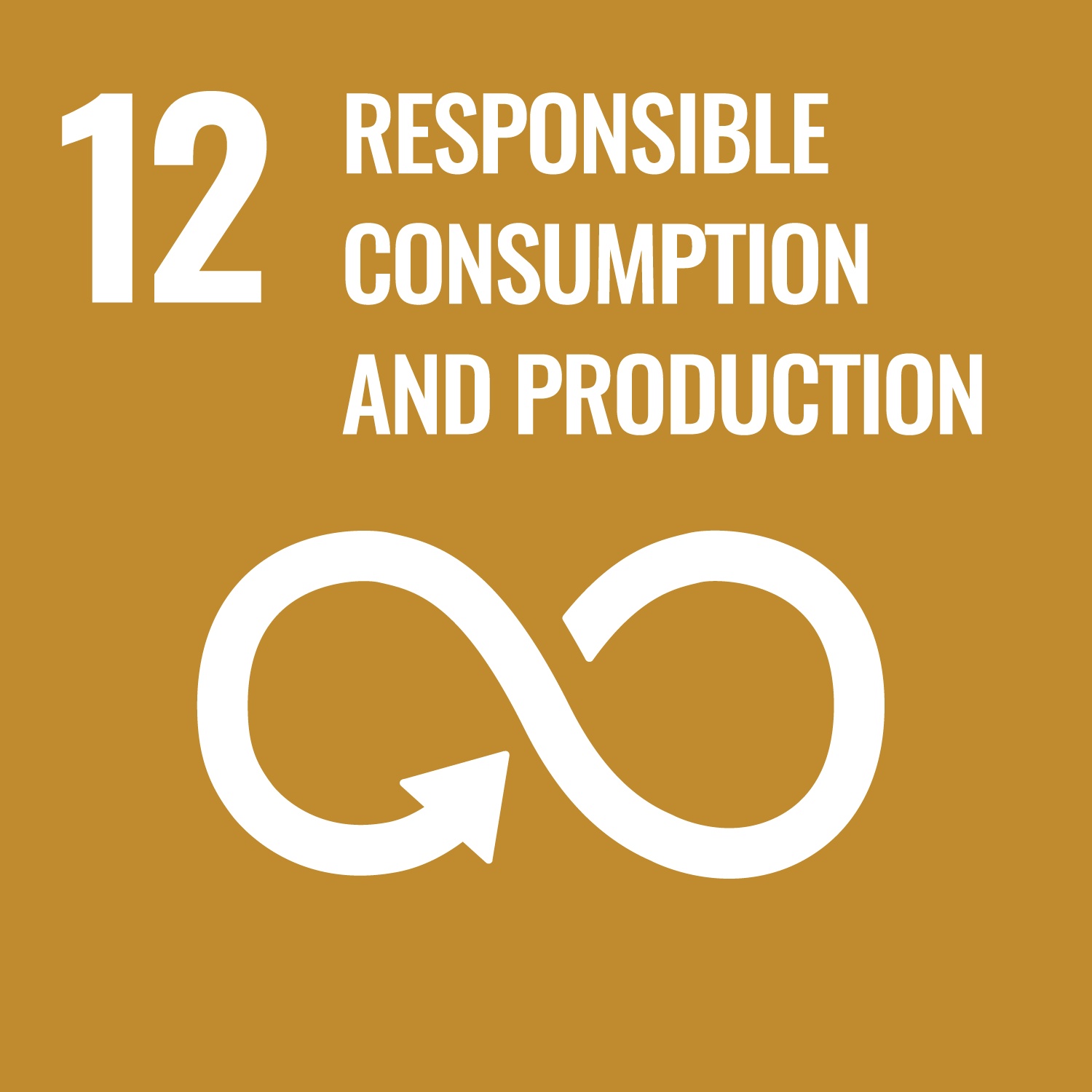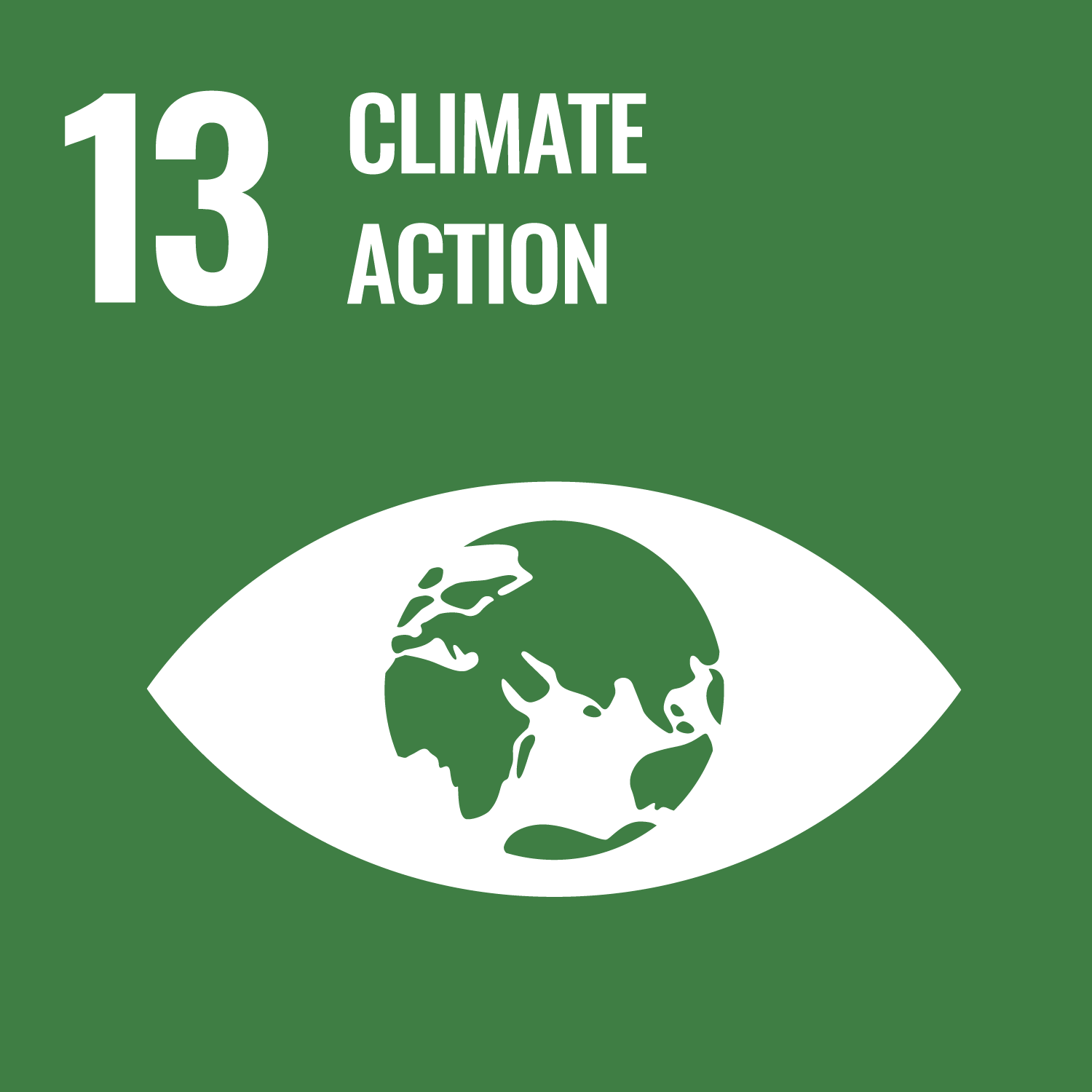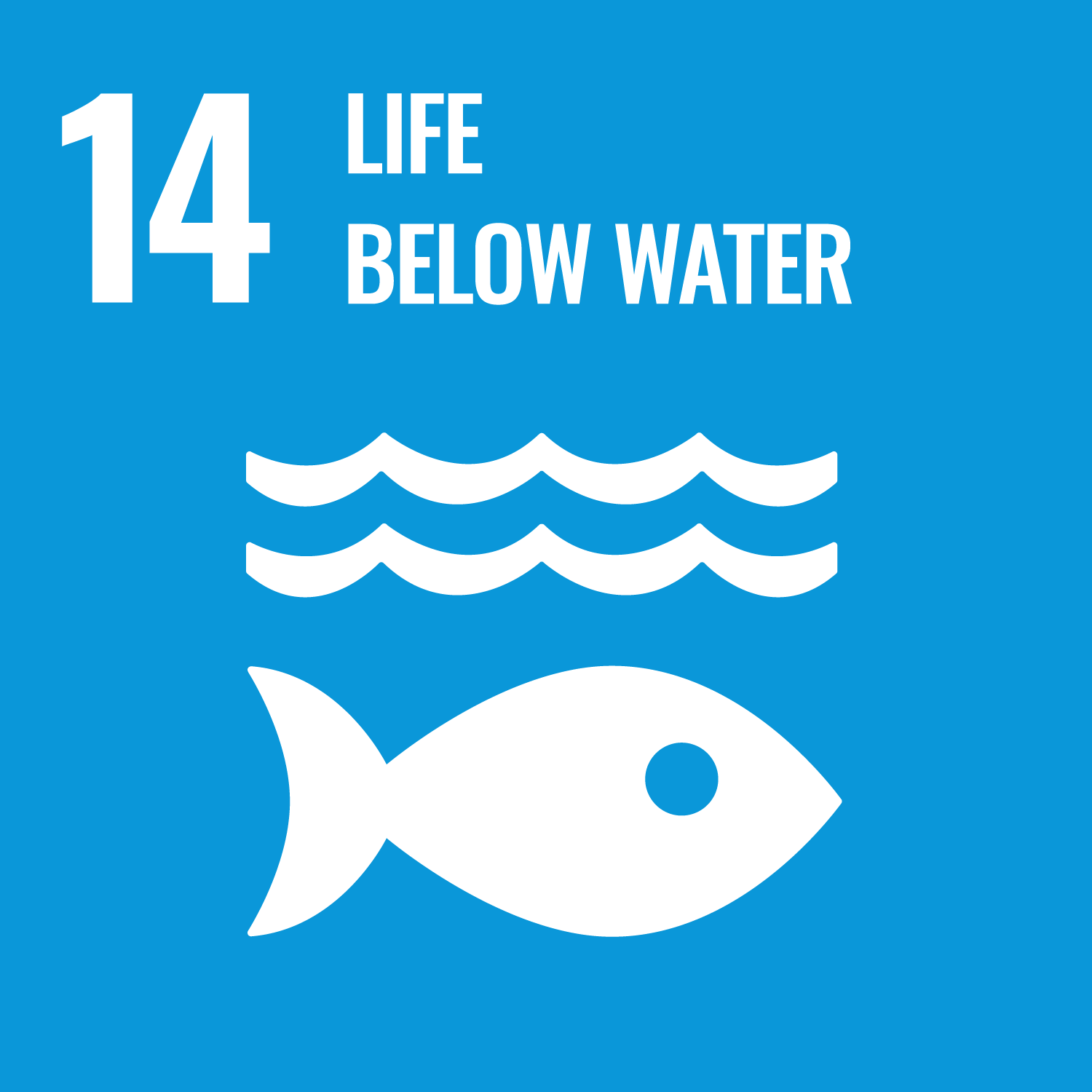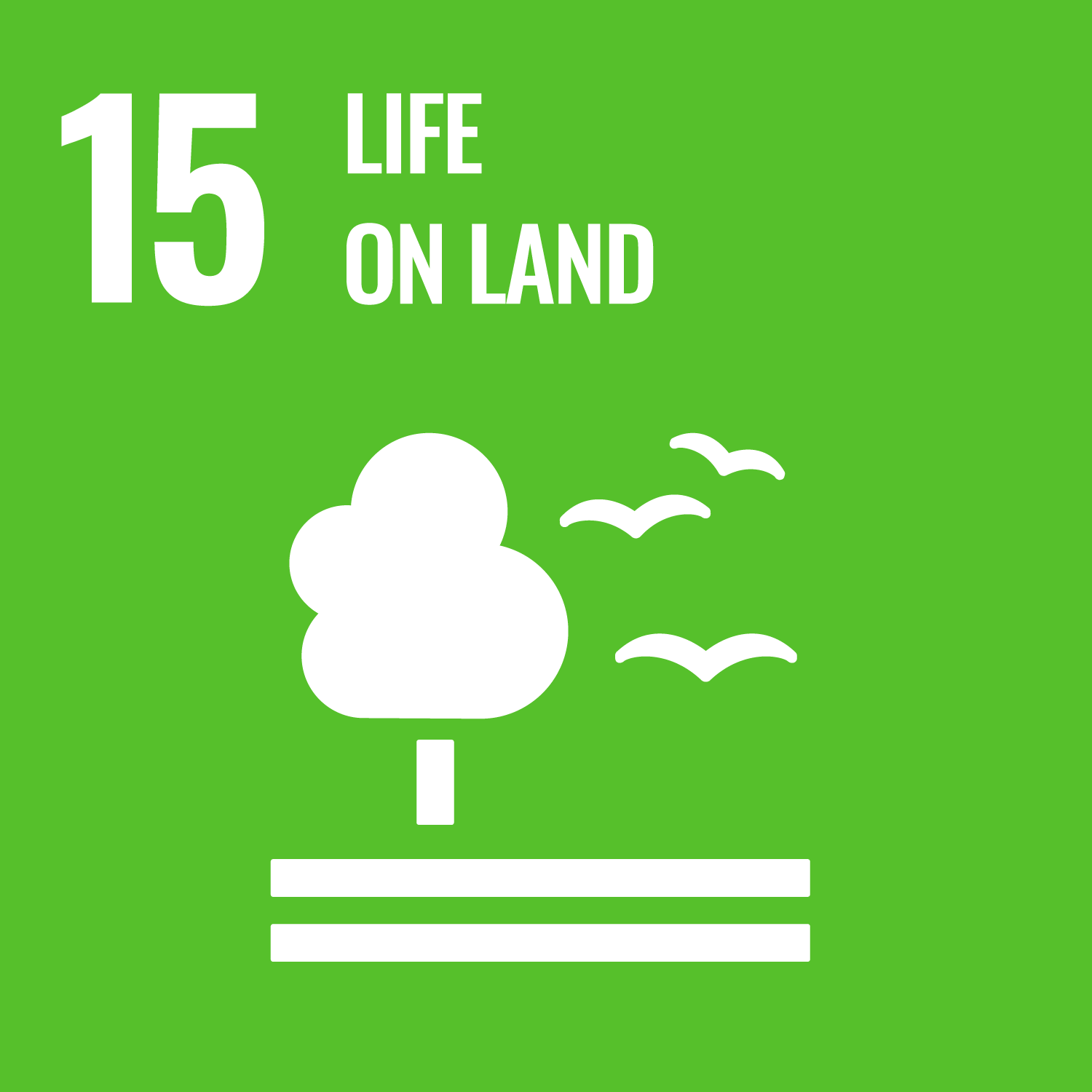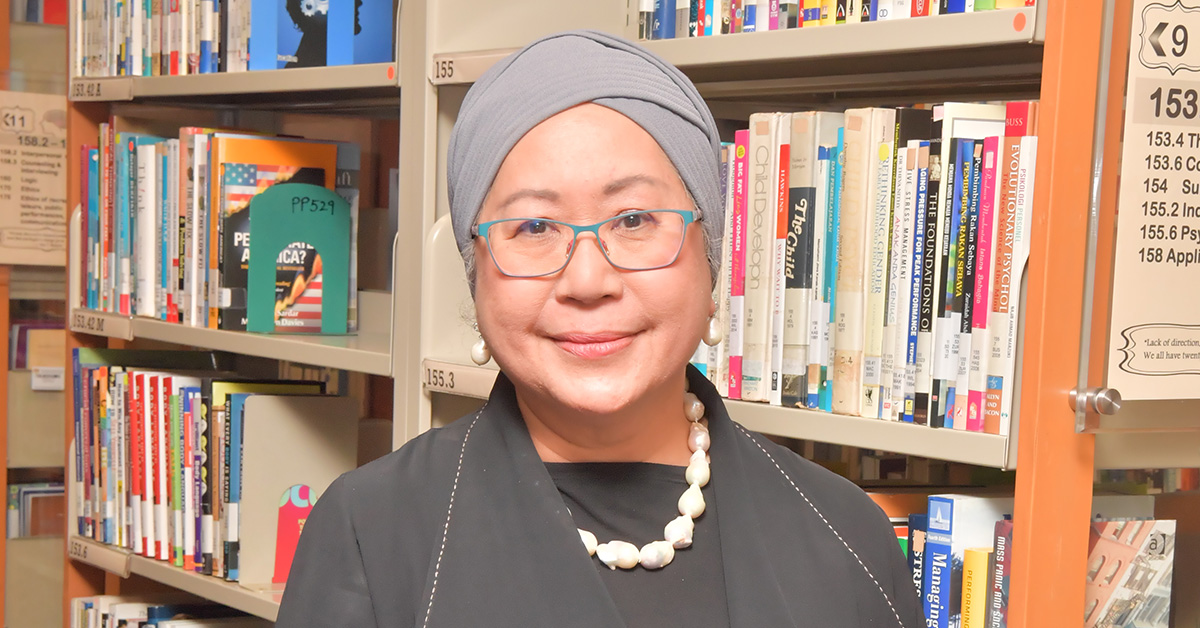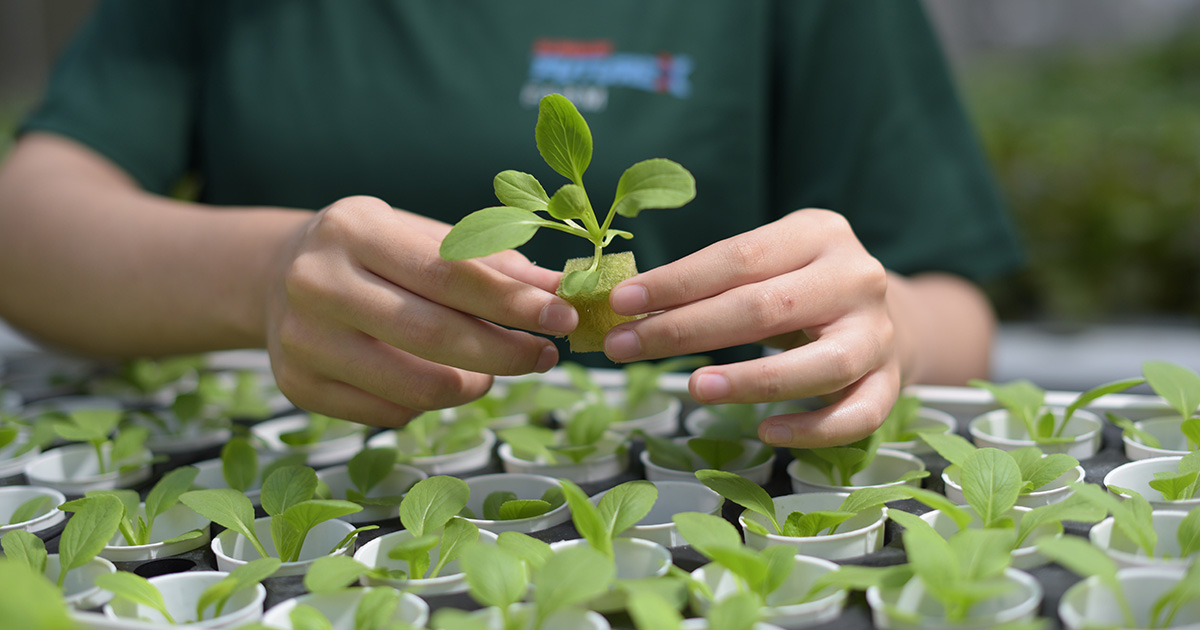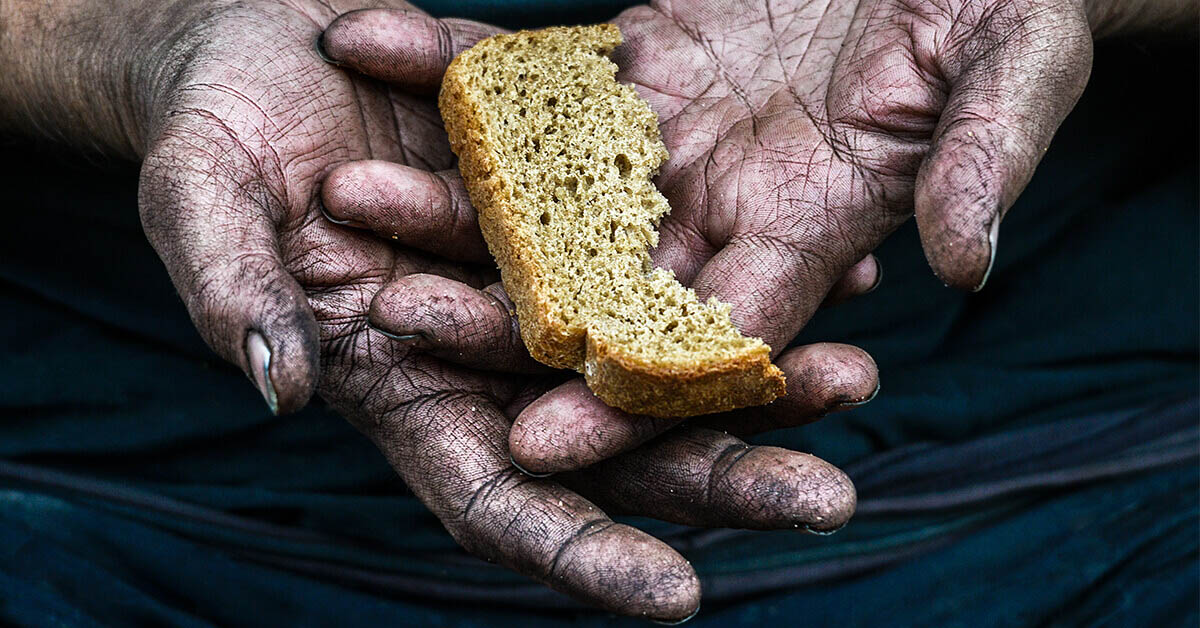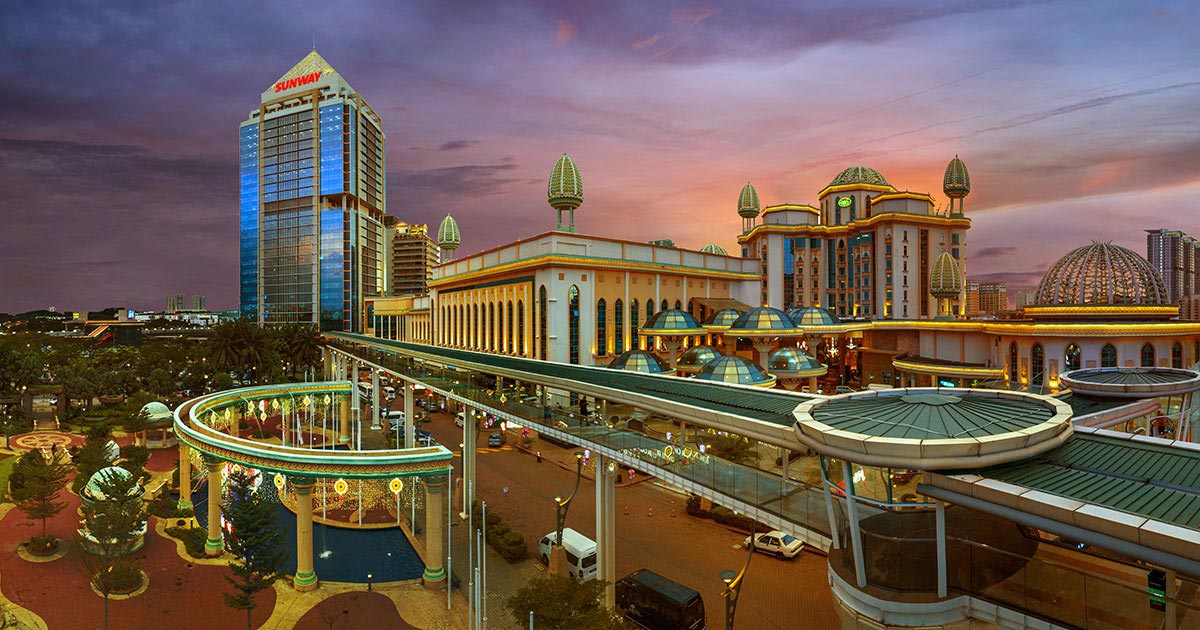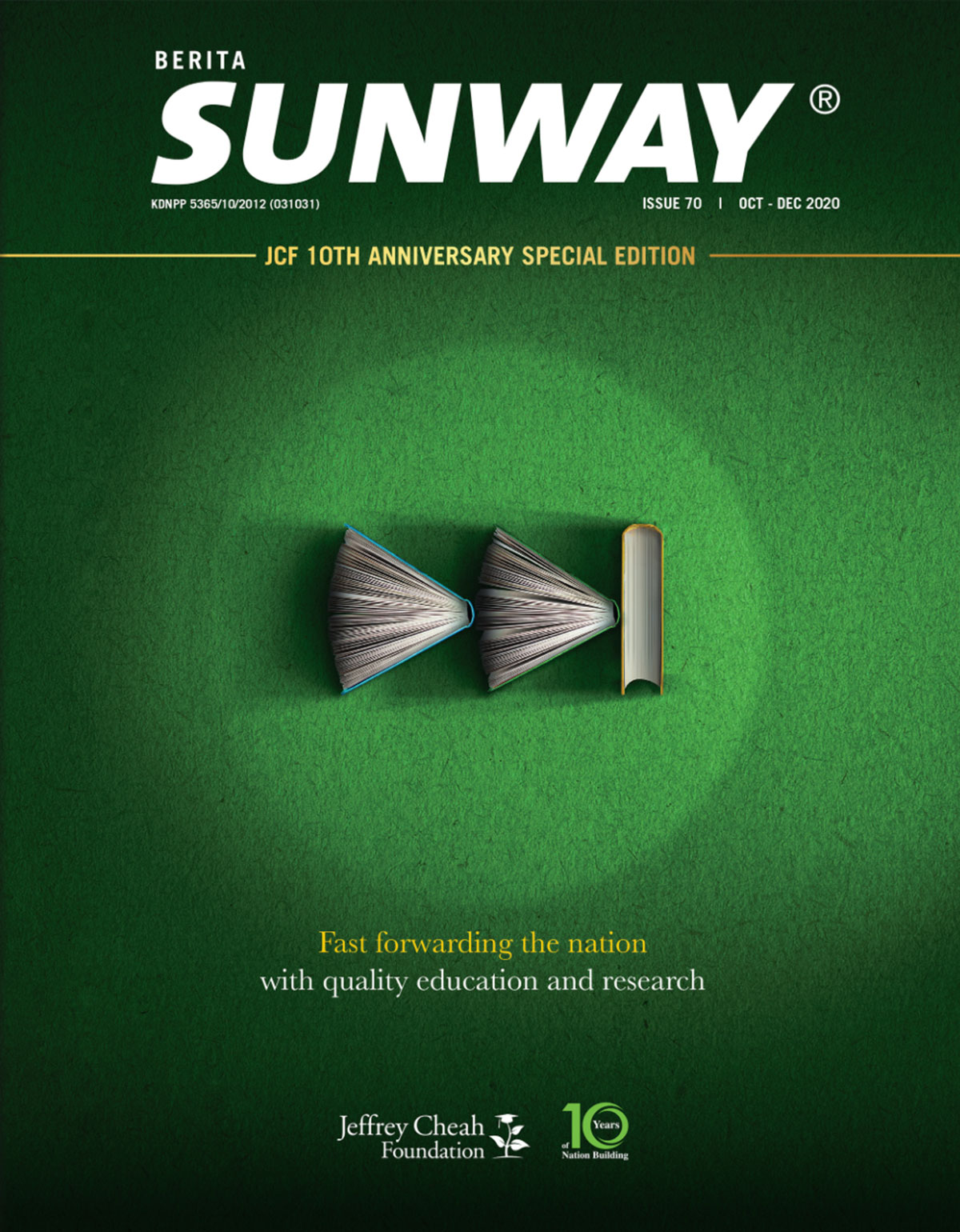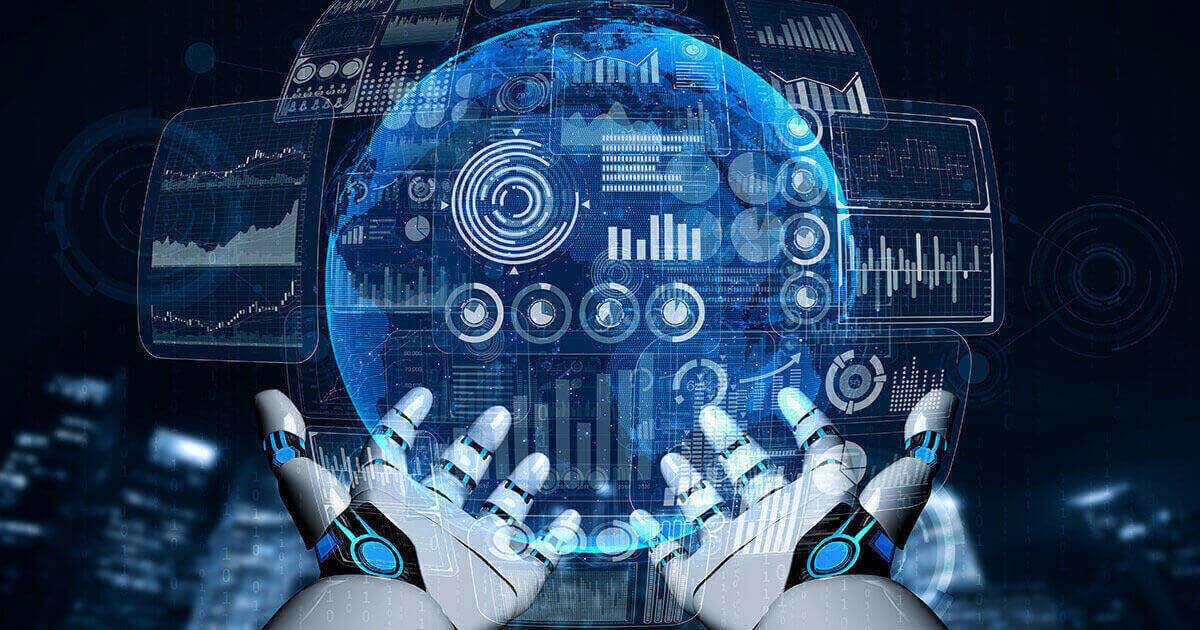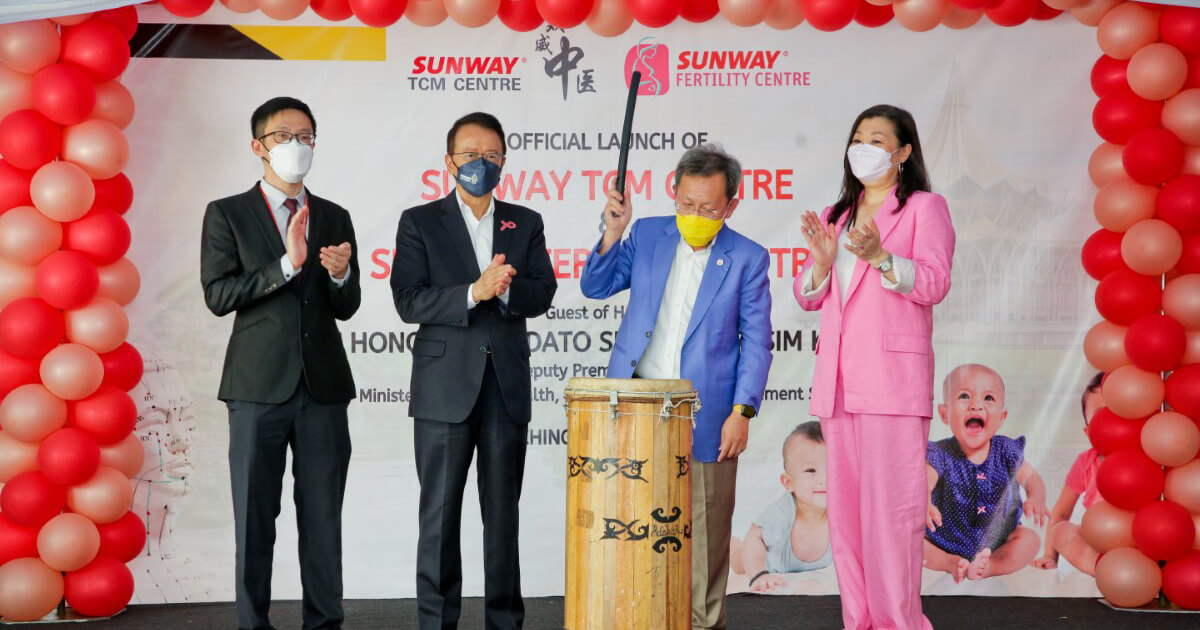What Are You Doing to Make Our Planet Better?
-
Climate change. Pandemic. Human rights. Food insecurity. These are among the myriad problems confronting us on a global scale.
-
Whilst these issues have been well-documented, the question lies – what are we doing about it?
While humanity’s challenges are well-documented, the solutions sometimes feel like they are shrouded in mystery.
Hence, we feel somewhat powerless, questioning “what should we do?” or “where do we start?” in the face of the ever-growing crises and increasing sense of urgency on one hand, and the lack of initiatives or tangible actions initiated by the world’s leaders on the other, leading to a sense that the political machinery is somehow falling short, as we witnessed coming out of COP26.
Seeking answers is not difficult; making them accessible, easily understandable and implementable is the key challenge – and requires a leadership reboot. As a contribution to this process, the Sunway Centre for Planetary Health (SCPH), led by Tan Sri Dr. Jemilah Mahmood, supported by Dr. Renzo Guinto taking the helm in planetary health research, has identified five challenges to our health and the health of the planet – with the relationship between these two now being defined as planetary health.

Tan Sri Dr. Jemilah – the spearhead of Sunway Centre for Planetary Health (SCPH).

SCPH’s chief planetary health scientist Dr. Renzo Guinto is a global health and sustainable development advocate.
Tackling Climate Emergency

SPCH springs into action to not make this a reality.
The rapidly deteriorating state of our planet’s climate has been declared “code red for humanity” by António Guterres, Secretary-General of the United Nations (UN).
“If we combine forces now, we can avert climate catastrophe. But, as the report makes clear, there is no time for delay and no room for excuses. I count on government leaders and all stakeholders to ensure COP26 is a success,” pleaded Guterres.
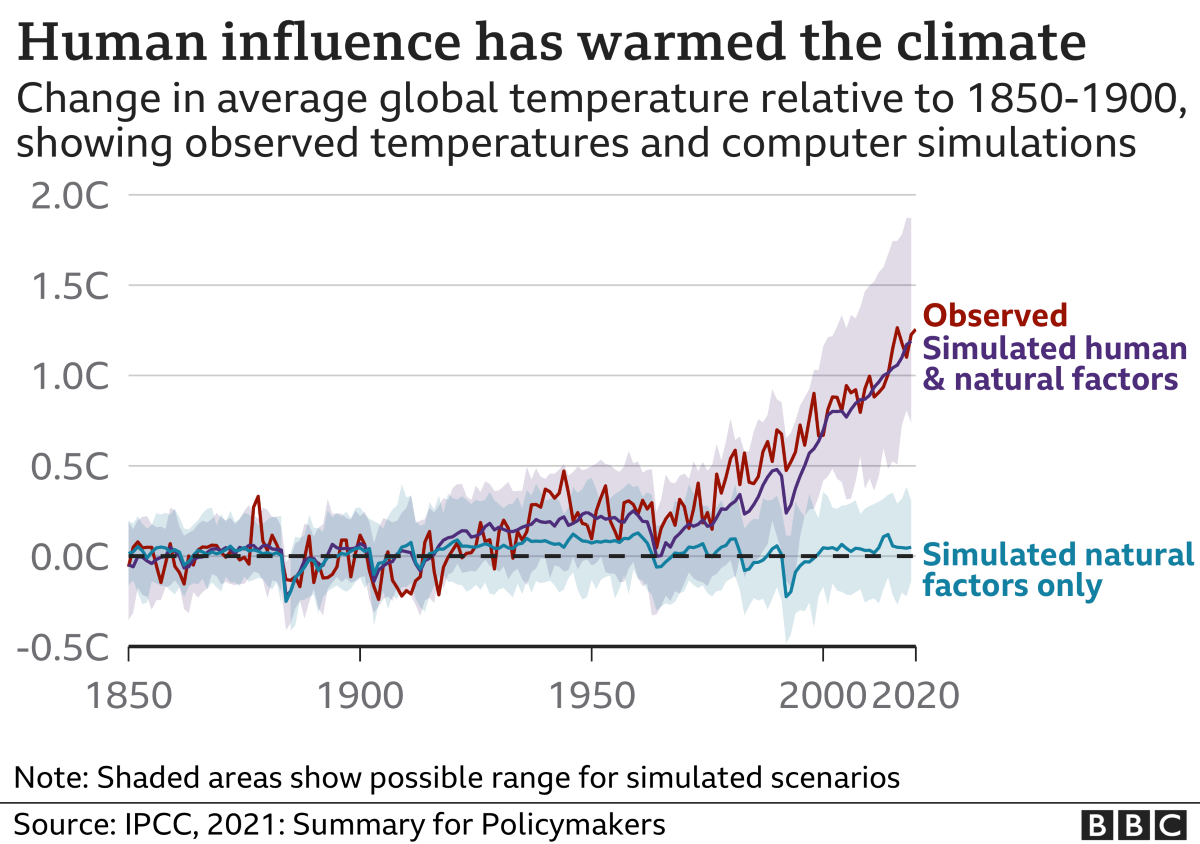
Data shows that humans are indisputably warming the planet. Source: BBC.
The sobering assessment of our planet’s future has been delivered by the IPCC, the United Nations body for assessing the science related to climate change.
The authors say that since 1970, global surface temperatures have risen faster than in any other 50-year period over the past 2,000 years. This is causing a host of problems such as melting polar glaciers, rising sea levels, and increase in droughts and heavy rains, all of which are creating a domino effect for other issues like forest fires, coral reef destruction, urban flooding and other unusual weather-related phenomena.
Preventing the Next Pandemic

Fun fact: A healthy planet correlates to preventing the next pandemic.
One noteworthy aspect of climate change is its negative effect on biodiversity.
Deforestation, land use change, and rapid urbanisation, as well as industrial agricultural practices, and the trading in and consumption of wildlife has caused massive loss in biodiversity. With global warming, the potential release of viruses stored in permafrost or polar ice shields also points to the possibility of more and larger infectious disease outbreaks.
It is time to acknowledge that humans and animals are being forced into ever closer proximity – resulting in the potential for zoonotic crossovers that have the potential to cause a pandemic, perhaps even on a global scale.
Sound familiar? In truth, science is increasingly confident that a zoonotic leap was how the coronavirus pandemic started. Ensuring that people understand the risks associated with zoonosis is an overlooked issue which, if not more robustly addressed will lead to more global pandemics. Hence, there is a need to tackle the upstream drivers of infectious disease emergence.
Achieving Sustainable Food Systems
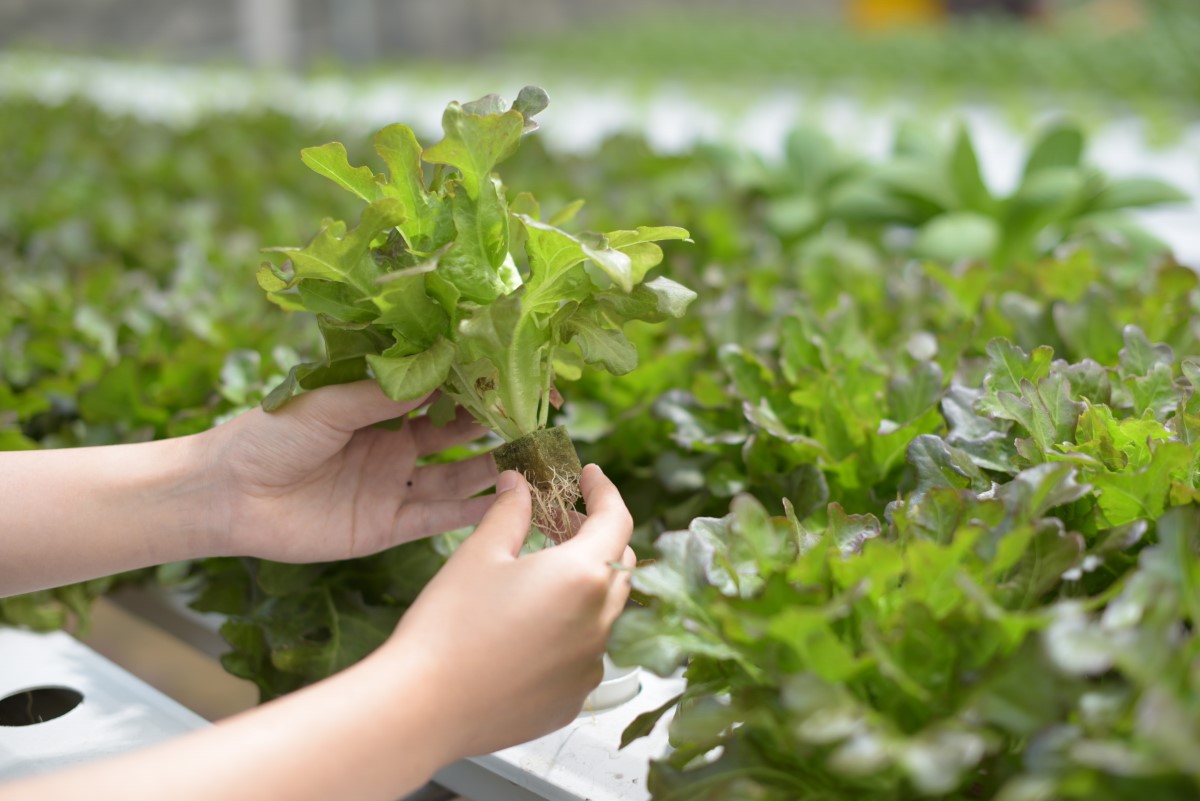
Sustainable food production forms the first step to food security.
The Food and Agriculture Organization (FAO) reported that one in every 10 people worldwide is undernourished, while 928 million people (11.7%) worldwide experienced severe food insecurity.
This is a widespread issue here in Malaysia which is engaged in a long-standing battle against food insecurity, with the COVID-19 pandemic intensifying the impact.
The poor state of planetary health can partly be laid at the door of human-induced biodiversity loss. It is further exacerbated by the choices we make, or which are made for us, about what we are eating. Our global food systems are defective, creating malnutrition and obesity at the same time, emitting approximately one-third of total carbon emissions annually and inducing air, water, and soil pollution.
As Malaysia urbanises with 72 percent of our population now living in cities, the high transaction costs of keeping these places fed, watered and provided with power and infrastructure takes us further and further outside the boundaries of what the planet can sustainably provide for us.
Thus, the call to implement food systems that meet human needs while also protecting the planet’s boundaries have never been more urgent. We need to alter our consumption patterns, to avoid food landing at landfills through minimising food waste and start growing our own food where we can. Sunway XFarms is an excellent model that can be replicated.
Creating Healthy Cities
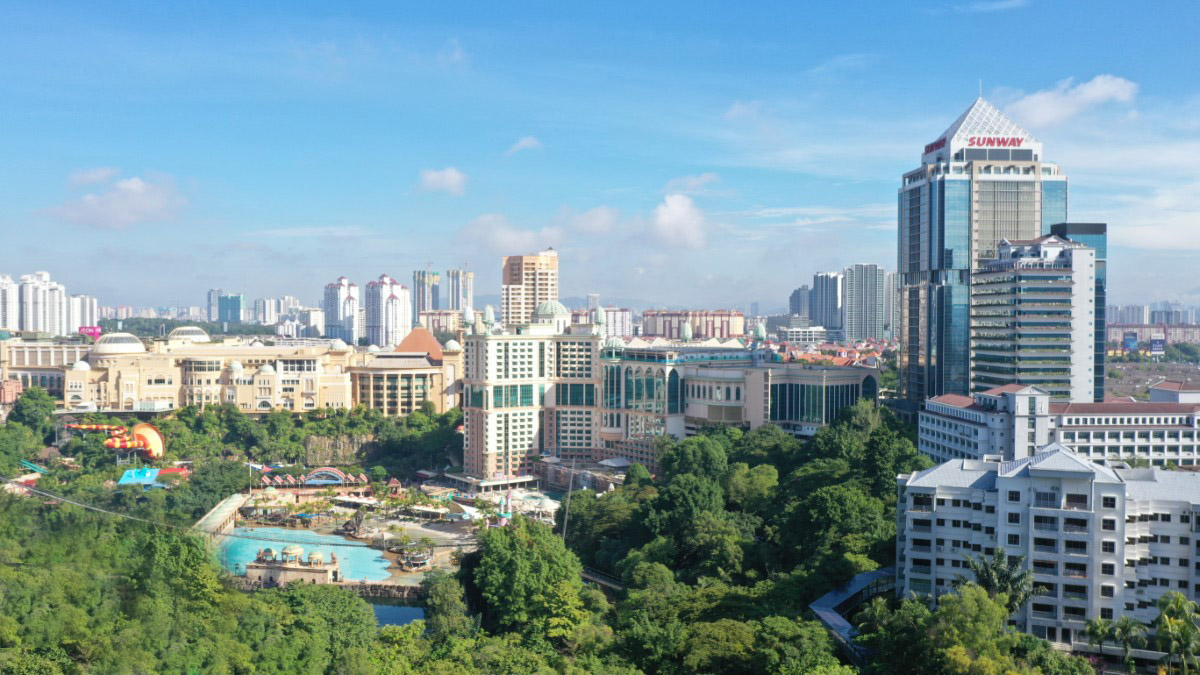
Creating a smart sustainable city for our community.
Malaysia has prospered since independence and we have all benefitted from that by and large. But the cost of our nation’s development has damaged the air, water, land, plants, trees, wildlife and sea which forms our territory and upon which we depend for our survival.
We have evolved tremendously throughout the seven decades of Malaysian history. Rapid urbanisation has attracted people who want to improve their standard of living. Cities are where the service industries proliferate and people do, indeed, improve their lives. But how we commute to work, where we socialise, and transportation in and around our cities have not been designed with the promotion of our collective health in mind.
The low-income urban trap is also all too real, both here in Malaysia and in pretty much all cities around the world. In the “State of Households” reports by Khazanah Research Institute, it highlights that while incomes in the bottom 40 percent of Malaysia’s population have improved, ageing and other challenges will continue to increase household pressure especially in cities.
Promoting Fairer Economies

Aspiring to cultivate an economy that is both profitable and sustainable.
According to a May 2021 report by UNICEF and the UN’s Population Fund, reported in The Star, six in ten Malaysian households have faced challenges in putting food on the table during the pandemic, with one in three reporting difficulties in providing enough pocket money for their children once they return to school. Despite the Bottom 40 percent of the Malaysian population putting in maximum effort and working longer hours, finding a way out of poverty remains elusive.
With statistics showing that more than half of these lower-income households are still unable to meet essential expenses, while nutrition and access to education are still major concerns, it is high time to reorient the global economy into one that more equitably serves the needs and health of these people. Doing so while also protecting the health of the planet is not impossible but requires introspection, effort, and recognition that the current way of managing our economy is simply not sustainable for people or planet.
What Does This Mean for the Rest of Us?

We are in the endgame now.
We can conclude that our current multifaceted crises are driven by a complex interplay of human generated political, social, economic, and environmental factors – elements contributing to the dire humanitarian consequences that we now read about, watch on the news and are starting to be affected by. The deterioration of our collective wellbeing and the health of the natural world across the planet are accelerating, diminishing the chance of breeding wholesome lives as well as survival for succeeding generations. Naturally, it is those least resilient to cope who will, as usual, be most affected – people living in poverty, children, the elderly, and marginalised groups.
For the rest of us, we are not fully recognising the mess we are in, and not taking responsibility to initiate change until it is too late. The difference is that the frog doesn’t have access to the evidence that we do.
The key question is: if we are waking up and starting to sense the urgency, what can we do about it?
This is part one of our two-part Sunway Stories series on the future plans of Sunway Centre for Planetary Health. This series will take a deep dive into the future plans, initiatives, tactics, and how all of this will contribute to planetary health, further advancing our commitment to the United Nations Sustainable Development Goals.
The Sunway Centre for Planetary Health at Sunway University is a leading contributor to the advancement of planetary health. The Centre aims to alleviate the impact of planetary health challenges in this part of the world through quality education, world-class research and engagement with people across the Asia and Pacific regions.











